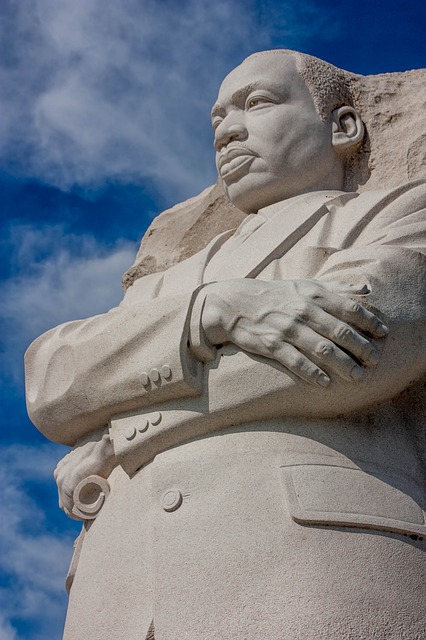
This semester I have relocated to Washington DC in order to lead the first semester of our new Wake Washington program. My 16 students are all placed in internships across the city in national and city government, think tanks, non-profits, and consulting firms. They are also taking a course on policymaking and another one on constitutional law. Five weeks into the semester, I thought it might be interesting to reflect on the value of internships both for students and for the organizations that sponsor them, with particular attention to the kind of civic learning students gain from the experience.
Often, the emphasis on internships and in internship programs is more focused on career planning and job skill development than it is on civic learning, and Wake Forest’s program has plenty of that. Our Office of Professional and Career Development (OCPD) did resume reviews and offered mock interview opportunities for the students before they applied for their internships.
We required them to apply and compete for internships as they would for jobs, rather than placing them in one we chose. We’ve emphasized the importance of professional behavior and dress, and, at the end of the semester, will have them meet again with people from OPCD to review their professional experiences and skills and revise their resumes. I have little doubt that the experiences will enhance the resumes of the students and provide them with valuable lessons about how to work in an office and be part of a work team. The students are required to write weekly journal entries about their experiences and these entries abound with discussion about workplace concerns and lessons learned about how to deal with difficult co-workers or keep the bosses happy.
My hope however, is that the internships will also provide the students with important civic learning and insights. By this, I mean that I want them to think about how the work they are doing fits into the larger democratic process. How does their organization contribute to the public good? How do they exercise power and on whose behalf? How do laws, and rules and regulations (both internal and external to the organization) have an impact on the work they do? How do the clients they serve experience the organization? These may seem like obvious insights that they would gain when working in internship locations that have a policy focus, but I have been struck in reading their reflections by how little of these kinds of insights they are having. And these are mostly political science students who aspire to public service in some manner or another, and who are taking courses with direct applicability to their internship work.
It has become clear to me that I need to do more to prompt them to reflect on these questions and I have begun to do so in my responses to their weekly reflections. This week a student working for a refugee resettlement non-profit noted how complicated the paperwork is for gaining a green card, and the high stakes she feels in getting that paperwork right. A student at a think tank has begun to wonder whether the research they are doing is unduly influenced by a large grant from a family foundation that has a distinct interest in the outcome. Another at a consulting firm has realized that all the clients for the firm are seeking federal dollars of one sort or another and wonders about what that means in terms of access and power. Students working in city government have had the positive realization that sometimes government works! Citizens raise a problem, the council holds hearings, solutions are proposed, and actions are taken.
What I’ve learned thus far is that it is much easier to reach the goals of the career learning aspects of internships than it is to advance the civic learning available in those experiences. The latter must be much more intentional. As students are thrust into the work world, often for the first time, it is easy to be caught up in the day to day operations of an office and lose sight of the larger purpose of the organization. Academic mentors in these programs can do more to guide students in thinking about the big picture and must not assume that it will be obvious to students. If students are earning academic credit for these experiences, and not just another entry on their resume, it is important that they learn to see the ways in which their experiences confirm or challenge the ideas and theories they are learning in class. And if they are to have any civic value, they must reflect upon how the experience is shaping their own sense of civic duty, public service, and public good.
Katy – thanks for prompting your Wake Forest Univ students about the civic dimensions of their internships and their organizations’ work. It does seem harder to accomplish than guidance on “professional dress” and “a good resume.”
One thought for now – the idea of empowerment. Many nonprofits, for instance, have their mission as serving a particular set of people because of their need for more resources, protection, opportunities, or education. The model is one of helping less powerful people be more powerful. I know that is perhaps an oversimplified version of their mission or process.
Some critique this model by arguing that the organizations depend on – even “make money” on – the poor conditions of their clients. The appeals to funders are often based on a kind of “WE (better off donors) need to HELP THEM (poor or otherwise disadvantaged clients)” formula.
What does empowerment mean for your WFU students in their internships? What strikes them as an OK approach to raise and sustain funding versus something that might smack of exploitation?
I hope you can keep sharing some of their thoughts as you have in this post.